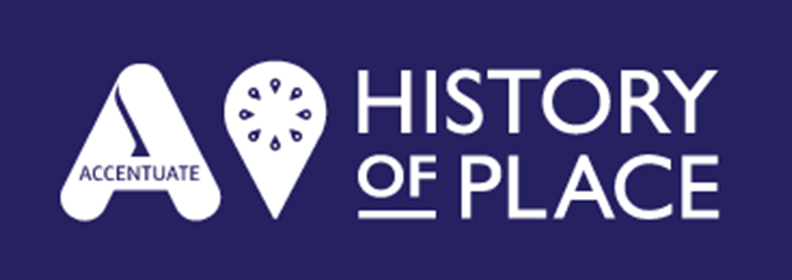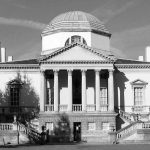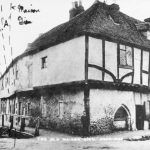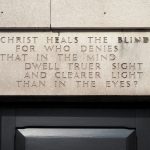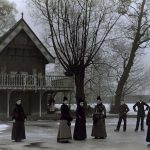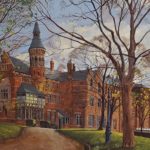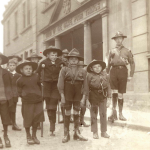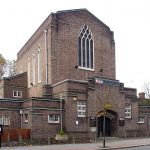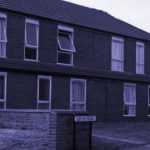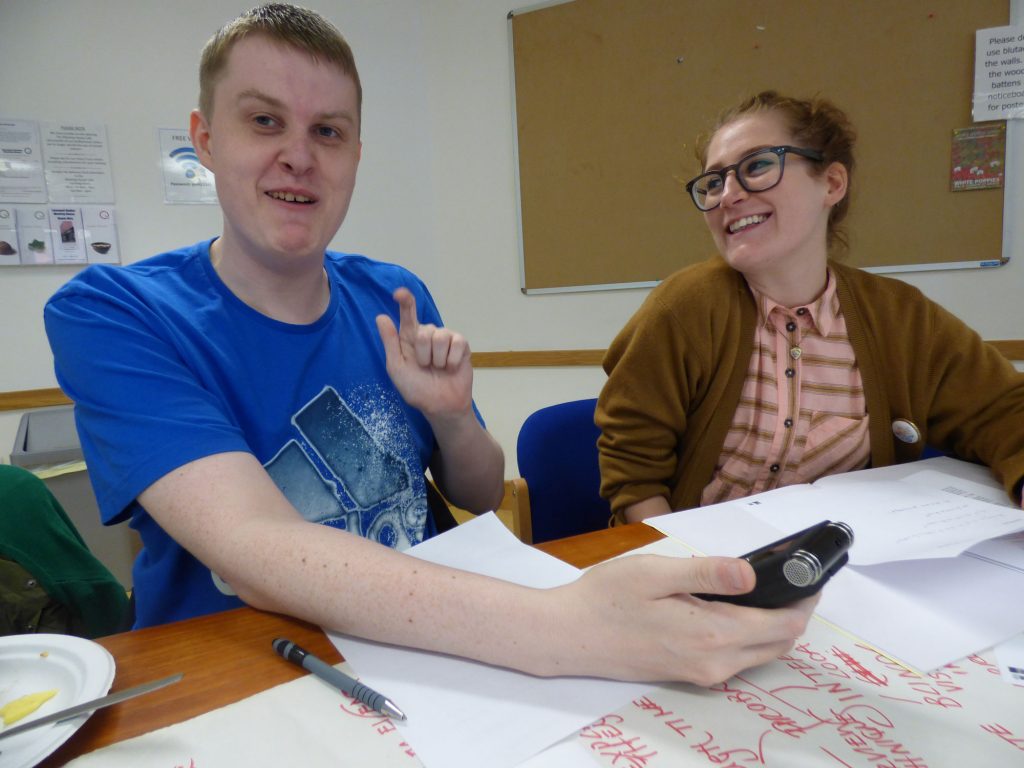In early August in Liverpool members of the research group and representatives from local heritage organisations gathered for Oral History Training hosted by History of Place and Delivered by Dr Fiona Cosson, Manchester Metropolitan University.
We represented researchers, students, those interested in history, community representatives and people from other Heritage Lottery Fund projects in Liverpool. One interesting aspect of introductions was when we were asked to share our clearest memory – it was funny how everyone’s mind went blank!
Oral history is a spoken form of history with its foundation in our earliest communities in the form of myth and storytelling. Sadly for many years it fell out of use in favour of the written word, however it has been resurrected to capture the stories of those not represented in the traditional historical record – minority groups and communities that are often left out of history.
Oral history is a spoken form of history with its foundation in our earliest communities in the form of myth and storytelling… it has been resurrected to capture the stories of those not represented in the traditional historical record.
Oral history is a recovery history, filling the gaps in the historical record, and allows personal feelings, accounts and opinions to be recorded and contribute. Fiona reminded us that oral history doesn’t give someone a voice, they’ve always had one, but we’re now choosing to listen!
We took part in two group activities, one to practice interviewing using a recorder and one to plan who we will interview, how and what problems we may encounter. As a group we discussed who we could interview for History of Place; former students, staff, visitors, the local community and people who interacted with the school. We discussed what kind of interview approach we might take, how we might consider the venue and how we can help participants to feel included, safe and in control of their own memories.
The most important discussion that came about as a result of the training is how we can adapt our methods and approach to ensure accessibility, particularly for participants who may be blind or partially sighted. When asked ‘Has the training stimulated any thinking about deaf and disabled people and/or their history?’ one participant commented ‘Yes it has, since I’ve got a disability myself, it has in a way. Knowing that these interviews might be with deaf and disabled people, it just makes me think, I want to know what life has been like for them, what are their stories.’
The training was useful in giving attendees the confidence and knowledge to conduct oral history interviews. In Liverpool, we can now move to the next phase of the project-identifying potential participants to interview and planning for the interview itself. One attendee commented ‘I gained a lot of practical knowledge and my confidence has increased in relation to using oral history.’
Share your memories of the Royal School for the Blind, Liverpool
Do you have memories of the Royal School for the Blind, Liverpool? Would you like to share your memories of the school with us? Please get in touch with Kerry for further information: Kerry.Massheder-Rigby@accentuateuk.org
